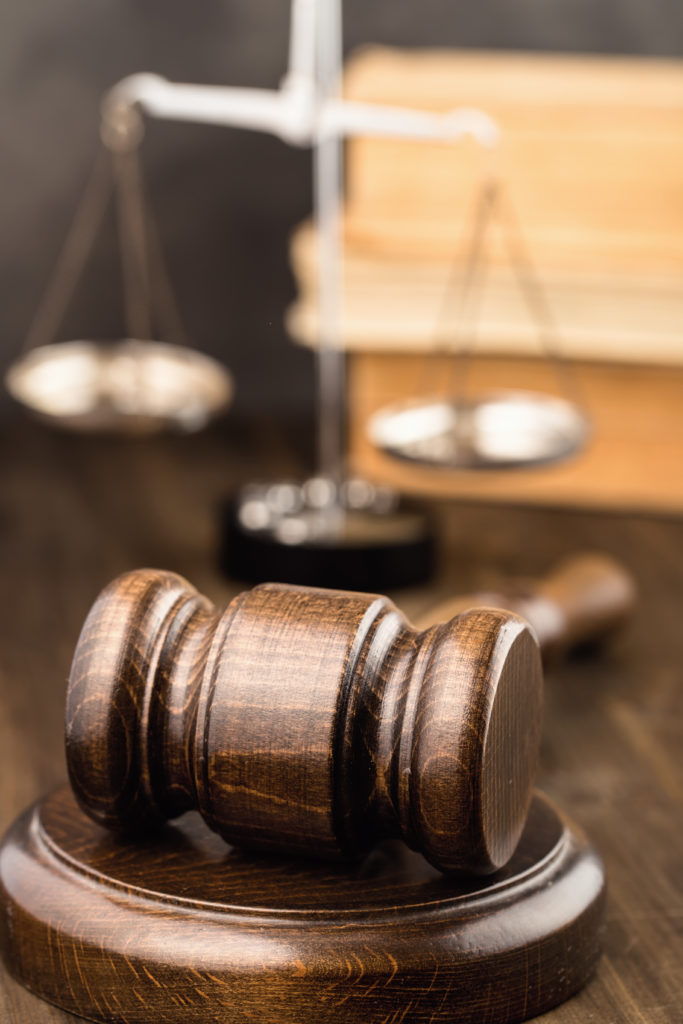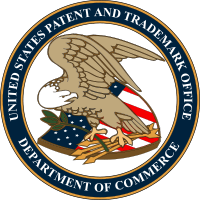During the trademark application and registation process, entrepreneurs, tech startups, and other businesses who wish to protect their brand name, logo, or slogan in the United States Patent and Trademark Office (USPTO.gov) may come across proceedings that are taking place in the Trademark Trial and Appeal Board (TTAB).
The Trademark Trial and Appeal Board (or the “Board” as it is sometime called) is an administrative tribunal within the United States Patent and Trademark Office (USPTO) that is responsible for hearing and deciding various issues concerning federal trademark registrability. Matters before the TTAB generally fall into one of two categories: (1) ex parte appeals and (2) inter partes proceedings. The rules of the TTAB are stated in the Trademark Trial and Appeal Board Manual of Procedure (TBMP). All proceedings before the Trademark Trial and Appeal Board (“Board”) are governed by the Lanham Trademark Act of 1946, as amended, (“Trademark Act”), 15 U.S.C. § 1051 et seq. and procedure and practice in proceedings are be governed by the Federal Rules of Civil Procedure.
Requirement for U.S. Licensed Attorney
Federal trademark regulations will require foreign-domiciled trademark applicants, registrants, and parties to Trademark Trial and Appeal Board proceedings to hire a U.S.-licensed attorney to represent them at the USPTO.
Ex Parte Appeals in the Trademark Trial and Appeal Board (TTAB)
An ex parte appeal is the recourse available to an owner-applicant that is dissatisfied with a USPTO examiner’s final refusal to register their applied-for trademark on substantive grounds.

Within six (6) months of receiving a final refusal, an applicant must file a Notice of Appeal along with the by the associated fee. In most cases, the evidence of record in an ex parte appeal is limited to the evidence submitted during the prosecution of the subject application. However, if an applicant or examining attorney wishes to introduce additional evidence once the appeal has been formally initiated, that party must request that the Board suspend the appeal and remand the matter for consideration of additional evidence. As a general rule, the Board will only grant the request upon a showing of good cause.
An applicant’s appeal brief is due sixty (60) days from the date on which the notice of appeal is filed. Once the applicant’s brief has been forwarded to the examining attorney, the examiner then has sixty (60) days to submit a brief addressing the applicant’s arguments in support of registration. Finally, the applicant is allowed twenty (20) days from the date on which the examiner’s brief is submitted to file a reply brief. If an applicant wishes to request an oral hearing on the parties’ respective arguments, such a request must be made no later than ten (10) days following the date on which the applicant’s reply brief is due.
Approximately six months following submission of all arguments, the Board will issue a written decision based on the evidence of record, the applicant’s briefs, the examiner’s brief, and, if applicable, the substance of the oral hearing. In the event that either party is not satisfied with the Board’s decision, that party may request rehearing, reconsideration, or modification of the decision. Once the requested action has been taken, if either party remains dissatisfied with the outcome, that party can appeal the Board’s decision to the United States Court of Appeals for the Federal Circuit or seek review of the Board’s decision by commencing a civil action in a United States District Court.
Inter Partes Proceedings in the Trademark Trial and Appeal Board
There are various kinds of inter partes disputes over which the TTAB has jurisdiction including opposition proceedings and cancellation proceedings. Each type of proceeding involves its own standards but litigation through the TTAB is universally narrower and more streamlined, largely because the TTAB’s decision-making authority is limited exclusively to issues of trademark registrability.
Oppositions in the TTAB
An opposition proceeding is an available means of contesting a trademark after the mark has been preliminarily approved by an examining attorney at the USPTO but before a federal registration has actually been issued. Following issuance of a Notice of Allowance, an applied-for mark is published in the Official Gazette, where it remains subject to third-party challenge for thirty (30) days. During that time, “any person who believes that he or she would be damaged by the registration of a mark on the Principal Register” is permitted to formally initiate an opposition which, if successful, would prevent that trademark from obtaining federal registration. Any party seeking to utilize this mark must file a Notice of Opposition within the 30-day window, or within an approved extension of time for filing the opposition.
There are numerous grounds on which an opposition can be based, including likelihood of confusion, dilution, primarily merely a surname, genericness, mere descriptiveness, and suggestion or false connection, origin, or sponsorship. An applicant-defendant in an opposition proceeding can assert various affirmative defenses such as acquiescence, estoppel, and unclean hands. If the opposer cites federal registrations in its notice of opposition, an applicant-defendant also has the option to counterclaim for cancellation of those registrations, assuming that there is a factual basis for doing so.
Cancellations in the TTAB
Although cancellation proceedings are similar to opposition proceedings in a number of ways, the critical difference lies in a given mark’s status with the USPTO. Whereas opposition proceedings involve challenging marks that are still moving through the federal registration process, a cancellation proceeding is a viable means of contesting a trademark after registration has been formally issued by the USPTO.
This distinction registered trademark carries certain legal presumptions that are not yet afforded to a mark still in the throes of the registration process. For example, a registered trademark is presumed valid and protectable, meaning that the owner has exclusive rights to use the mark nationwide in connection with the goods and services identified in the registration. A registration also carries the legal presumption that the registrant is the owner of the mark. In seeking to cancel a trademark registration, the petitioner must overcome these legal presumptions.
What to do After Notice from Trademark Trial and Appeal Board
When trademark applicants, entrepreneurs, and tech startups receive a notice from the Trademark Trial and Appeal Board, they should take the notice seriously, study it, and contact an experienced trademark attorney in Los Angeles or other city or state for consultation on trademark defense, opposition or cancellation strategy.


